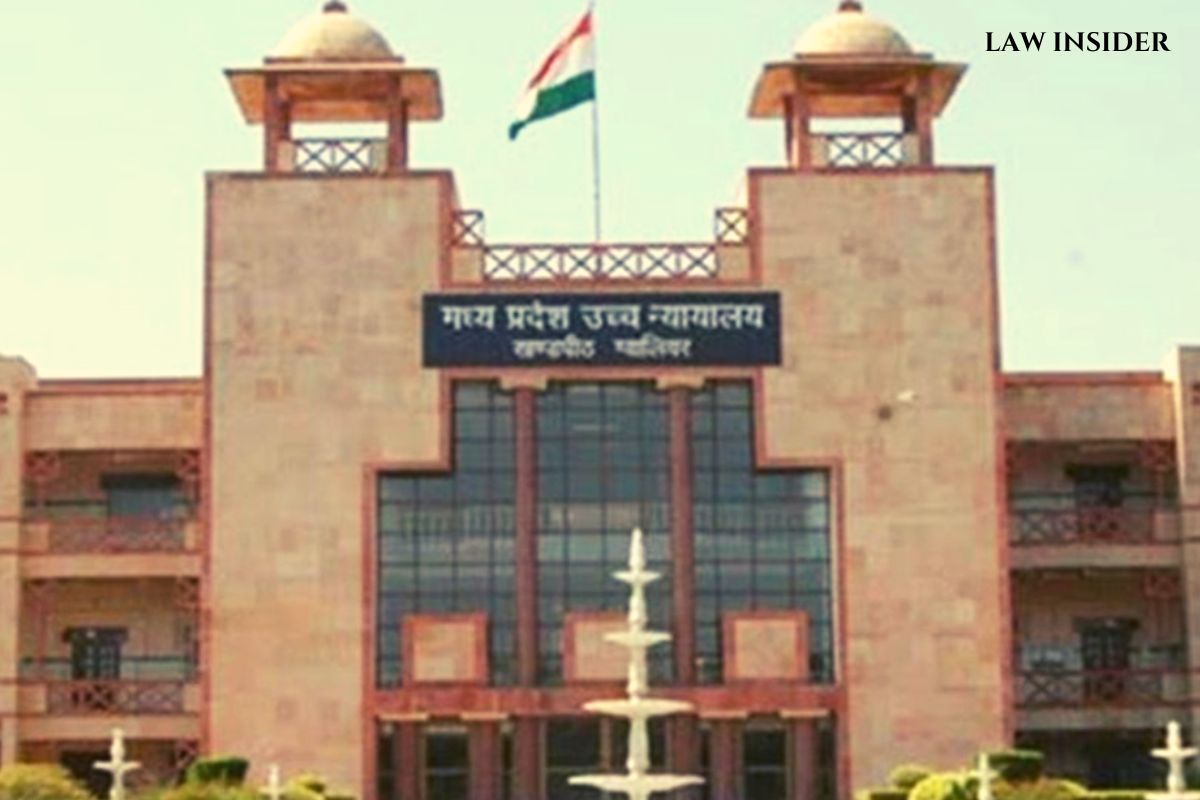LI Network
Published on: October 23, 2023 at 13:15 IST
The Madhya Pradesh High Court, under the guidance of Justice Prem Narayan Singh, has made a significant ruling in a maintenance case.
The court, while dismissing a criminal revision application brought by the petitioner-husband, emphasized that a destitute wife seeking maintenance cannot be subjected to victimization based solely on errors in her pleadings.
The case revolved around the husband’s challenge to a Family Court decision denying his application under Section 127 of the Criminal Procedure Code (CrPC) to reduce the maintenance amount.
In its judgment, the court cited the Supreme Court’s ruling in Sunita Kachwaha & Ors. v. Anil Kachwaha (2015) and cautioned against adopting a “hypertechnical attitude” in maintenance cases.
The court stressed that a destitute wife, unable to support herself, should not be held accountable solely for any faults in her pleadings. The court maintained that the husband could not evade his responsibility for the maintenance of his child and wife by citing errors in her pleadings or proceedings.
The Supreme Court’s decision in Sunita Kachwaha & Ors. highlighted the summary nature of proceedings under Section 125 CrPC and underscored that these proceedings do not necessitate a detailed examination of the intricacies of a matrimonial dispute. The Court clarified that determining fault and its extent is irrelevant in a Section 125 CrPC application.
In the specific case, the Family Court had previously rejected the husband’s Section 127 CrPC application, citing Chaturbuj v. Sitabai (2008).
The Family Court’s decision stated that even if the wife earned some income after their separation, this should not serve as grounds for denying her maintenance, considering that she had a source of livelihood.
The petitioner-husband argued that his wife was currently employed as a teacher and had concealed details about her income in her pleadings.
However, Justice Prem Narayan Singh noted that during the wife’s chief examination, she explicitly stated that she had no income at the time as she was not working then. These statements were not contradicted during cross-examination.
The court emphasized that the wife, based on her MPhil degree alone, was entitled to claim maintenance from her husband and should not be disentitled from doing so. The petitioner’s claim that he left his engineering job and, therefore, should not be liable for his wife’s maintenance was also addressed.
The court referred to the Supreme Court’s judgment in Shamima Farooqui v. Shahid Khan (2015), which highlighted that voluntary retirement by the husband to evade maintenance liability was unacceptable. The court confirmed that even if the husband had left his job, he would remain liable to support his wife and child.
The High Court also cited the Delhi High Court’s ruling in Chander Parkash Bodh Raj v. Shila Rani Chander Prakash (1968), which stated that an able-bodied young man could reasonably maintain his wife and child.
Regarding the request to remand the case to the family court, the High Court deemed it inappropriate at this stage of the proceedings, considering the lengthy legal battle that had ensued since 2016. Nevertheless, the parties have the right to approach the trial court under Section 127 CrPC if there is a change in circumstances affecting the maintenance allowance.
The husband filed the current petition under Section 19(4) of the Family Court Act, read with Section 397/401 of the Cr.P.C, invoking the High Court’s revisional powers.
Background:
In 2020, the Family Court rejected the petitioner’s application to reduce the maintenance amount awarded to the wife and their son, which was granted in 2018 under Section 125 CrPC.
The maintenance awarded was Rs 7000 for the wife and Rs 3000 for the son. The dispute between the husband and wife arose after their marriage in 2014, leading to their separation.

